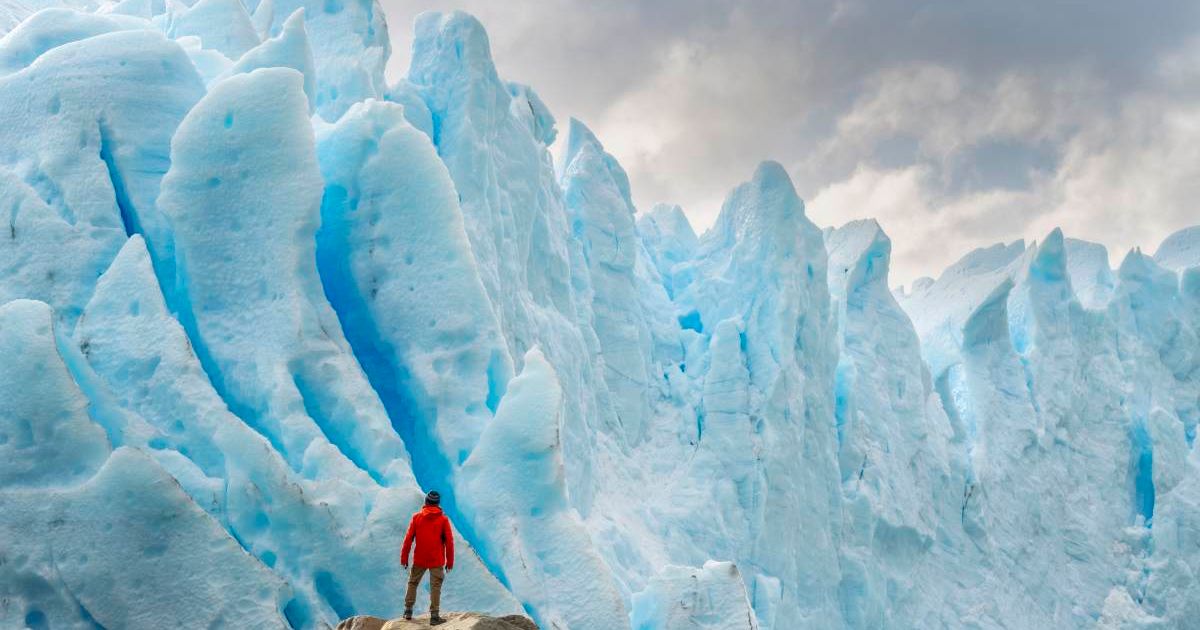Experts Worry Earth’s 'Self-Cooling' System May Go Too Far and Accidentally Cause Another Ice Age

Our planet has certain natural systems that help in balancing and controlling the rising temperature. For instance, it has been reported that rocks absorb carbon dioxide from the air, and similarly, oceans also trap carbon through algae and other marine life, eventually helping the planet to cool down. However, recent research has suggested that Earth’s natural climate systems might sometimes overreact to global warming, and this could potentially trigger an ice age in the future. The study pointed towards ancient ice ages, claiming they may have been driven by various factors, including a strong ocean feedback loop.

Experts at UC Riverside have identified a previously overlooked factor in how Earth naturally recycles and stores carbon. The findings of the research have been revealed in a study titled 'Instability in the geological regulation of Earth’s climate,' which was published by the journal Science. It touches upon the aspect of how scientists have long believed that Earth’s climate stays stable through rock weathering. In this process, rain absorbs CO2 from the air, hits the rocks on the surface, and then dissolves it. When this captured carbon reaches the ocean, it forms shells and limestone reefs, keeping it on the sea floor for a long time.

Speaking of this process, Andy Ridgwell, one of the authors of the study, said, "As the planet gets hotter, rocks weather faster and take up more CO₂, cooling the planet back down again.” In the Earth’s distant past, the planet completely froze at times, resulting in ice ages. This wasn't just caused by rock weathering; there was something else at work, too. Experts believe ocean carbon storage played a big role back then. This is because when the CO2 level rises and the planet warms, more nutrients flow into the sea, feeding plankton that absorb carbon and carry it to the ocean floor when they die, as reported by Earth.

In a warmer world, there’s also an increase in algal activity, during which oceans lose oxygen, causing phosphorus to get recycled instead of being buried. This creates a feedback loop where more nutrients in the water create more plankton, which further lowers oxygen. It eventually leads the Earth to cool too much, dropping far below its original temperature, as reported by SciTech Daily. The computer models used in the new study indicate that this overcooling could lead to future ice ages.

Dominik Hülse, another author of the study, said, “This more complete Earth System model does not always stabilize the climate gradually after a warming phase; rather, it can overcompensate and cool the Earth far below its initial temperature — a process that can still take hundreds of thousands of years, however.” Meanwhile, scientists stress that we must focus on limiting global warming at present, as natural cooling is an extremely slow process. Also, in the next phase, Hülse plans to use this research to study why, and how, our planet has at times bounced back rapidly from past climate changes.
More on Green Matters
It’s True That We're Still in an Ice Age — but Things Aren't How They Used to Be
Plants Are Absorbing 30% More CO2 Than Expected- Here’s What It Means for Climate Change